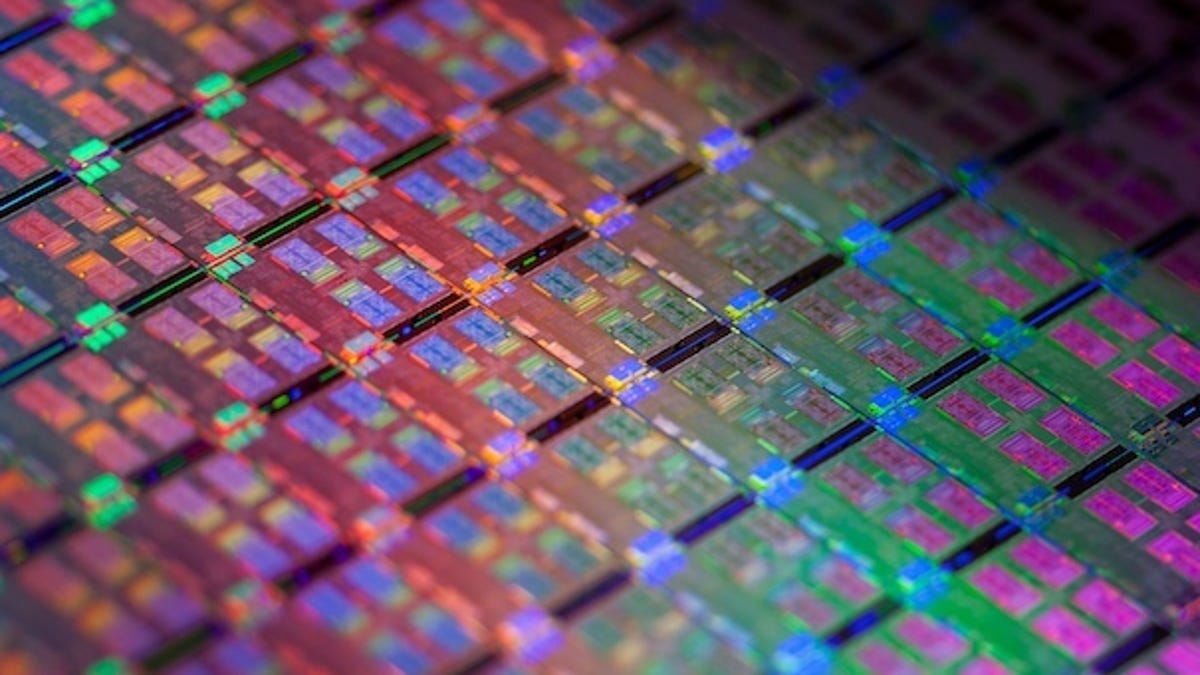Intel does ARM: Citi 'identifies' another possible customer
Marvell is cited as a likely chip customer for Intel. If the analysis pans out, it would be Intel's third ARM customer.

Intel's chip manufacturing operations could take on yet another ARM customer if a Citi Research analyst's supposition is correct.
"We identify Marvell as a likely potential new foundry customer [for Intel]," Citi Research's Glen Yeung said in a research note posted this week.
Yeung goes on to say, in the research note obtained by CNET:
Yes it's ARM. Producing baseband/[application processor] chips for Marvell indeed implies that Intel will be fabricating ARM solutions on their 22nm process. This underscores the approach of Intel's new management to be agnostic to logic cores in their foundry business. To be sure, Intel will still offer the use of x86 cores to appropriate foundry customers. Nonetheless, we are encouraged that Intel recognizes the revenue potential from producing ARM chips on a foundry basis rather than stubbornly restricting themselves to x86.
Intel's contract manufacturing operations, aka foundry business, already has two ARM customers, Altera and Netronome. So, Marvell would be the third, if Citi's analysis is accurate.
Ironically, the Altera system-on-a-chip -- which integrates a quad-core ARM processor -- would be one of the first 64-bit ARM chips to be built.
"When this chip comes out it will be among the largest chips ever produced on this planet in terms the number of transistors. It should pass 4 billion transistors," said Chris Balough, senior director of SoC product marketing at Altera, in an interview with CNET last year.
Both Intel and Marvell declined to comment.

